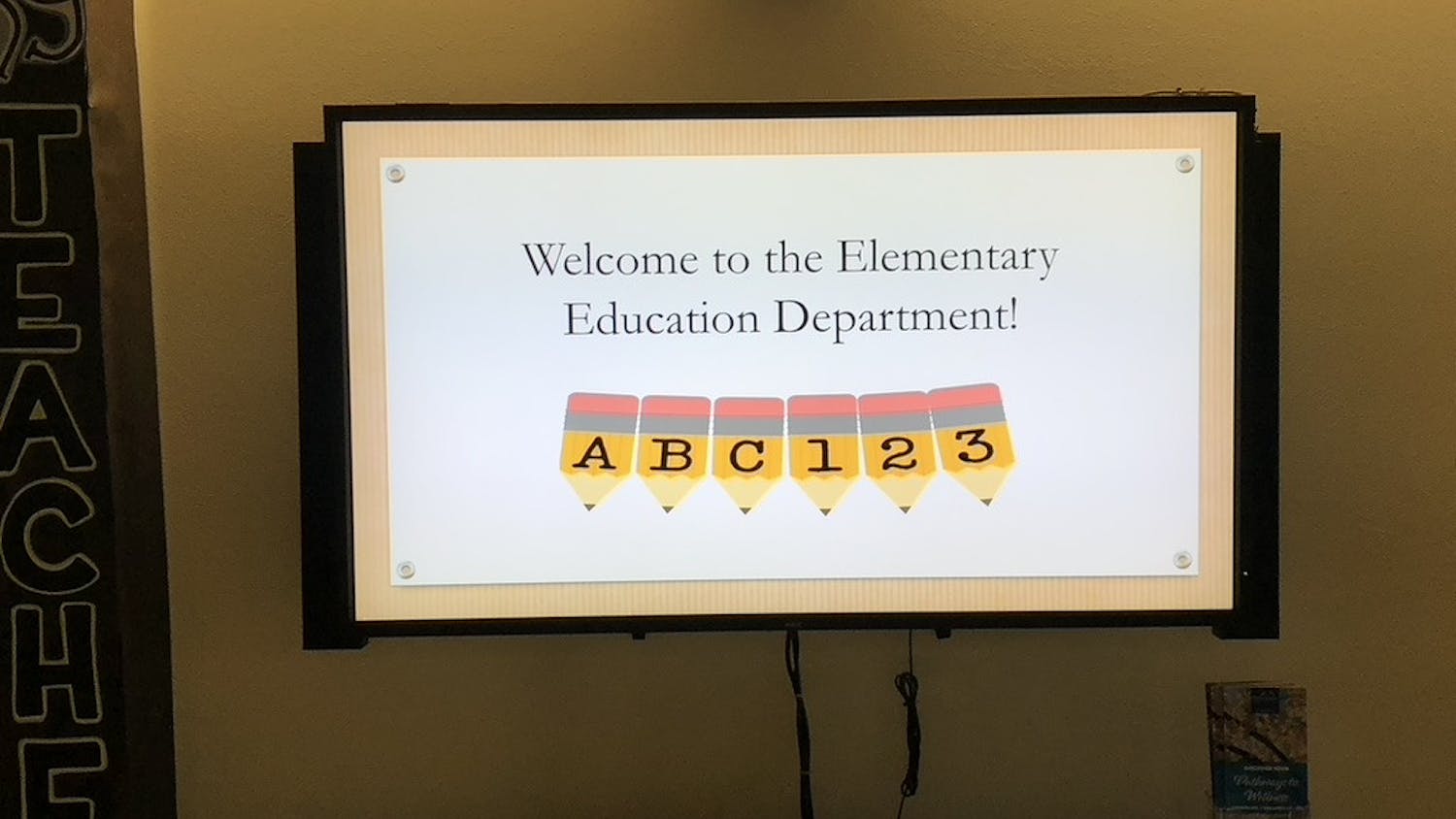School isn't only cost in students' complex financial situations: many more pieces to the puzzle

The COVID-19 pandemic has put an immense financial strain on Western Washington University students and their families, shifting life for many students.
Third-year student Jordan Craft was a resident adviser for Higginson Hall in spring 2020 when COVID-19 shifted the university to online operations.
“We got various emails from Residence Life saying we were essential employees and we would return to campus for work after spring break,” Craft said. “Two days later, we were put on a call of 70 people and we were all laid off.”
Resident advisers who were in need of housing due to their circumstances were made a priority to continue working during that time, Craft said.
“I understand they were trying their best, but I would have appreciated a smaller call with just my team, who I had been working with the whole year,” Craft said.
Clara Capron, vice president of enrollment and student services, oversees financial aid at Western. She explained the finances in terms of recently allocated government funds given to Western.
“Western's Financial Aid Department awarded $5.8 million in HEERF (Higher Education Emergency Relief Fund) CARES grants to 4,397 Western students between April 2020 and February 2021, to assist them with expenses they incurred as a result of campus disruption from COVID-19,” Capron said.
Awards are given in accordance with the federal requirements and university records, and student documentation, Capron explained.
Capron said a student’s family income statement is a key aspect of awarding future aid.
“On a separate note, COVID-19 has served as a financial hardship for many Western students and their families,” Capron said. “As such, income reported on their 2021-22 FAFSAs may no longer serve as an accurate reflection of the student's and family's ability to contribute toward educational expenses.”
Capron encouraged struggling students to make an appointment with a financial aid counselor through the Financial Aid Department.
Becky Thompson, director of student financial assistance at Washington Student Achievement Council, said there needs to be a holistic approach in terms of a college student’s financial situation within the pandemic for both university financial directors and families.
“There are a lot of gaps in being able to meet basic needs with housing and food for students,” Thompson said. “Where they might have had a plan, but then because of the unemployment of either the student or parents all of a sudden, their needs had to be reassessed.”
In any situation, Thompson said students should consider what exactly is going to be accounted for in their cost of attendance or need.
“Think about how you coordinate all your benefits,” Thompson said. “An example when it comes from our angle as a holistic view is that one of the things that we’re trying to do as a state is figuring out what is the eligibility for SNAP [Supplemental Nutrition Assistance Programs], in order to get more students within those programs.”
Thompson also suggested that students should reach out to their local communities as well.
“There are benefits you might not know of like community partnerships,” Thompson said. “It is important to see for people like me, to see where those gaps are that sometimes families do not see when it comes to their finances, and how we can help direct and fill them.”
After working for 65 colleges throughout the COVID-19 pandemic, Thompson has two pieces of advice for students concerned about their financial situation.
“I always like to say two things,” Thompson said. “The first is never counting yourself out. A student should always apply. There are lots of us, especially in financial aid, and administrators on campus who want to help support you through that process because it can feel overwhelming at times.”
Thompson noted how people in her position are trying to acknowledge the burden students can feel when it comes to their finances and getting help.
“Folks like me in my job are trying to address it from the system's perspective and move it to a position in which it doesn't feel so complicated and overwhelming to a student,” Thompson said. “We do not want to put the burden on students, so we are looking into how is the system playing into that complexity and how can we simplify it.”
Students have various resources to help them through their financial situations. For students who are interested in learning more about receiving aid, visit the Western Scholarship Center website and Western’s Financial Aid page. For assistance with food or housing, visit Western’s Food and Shelter Assistance page.





